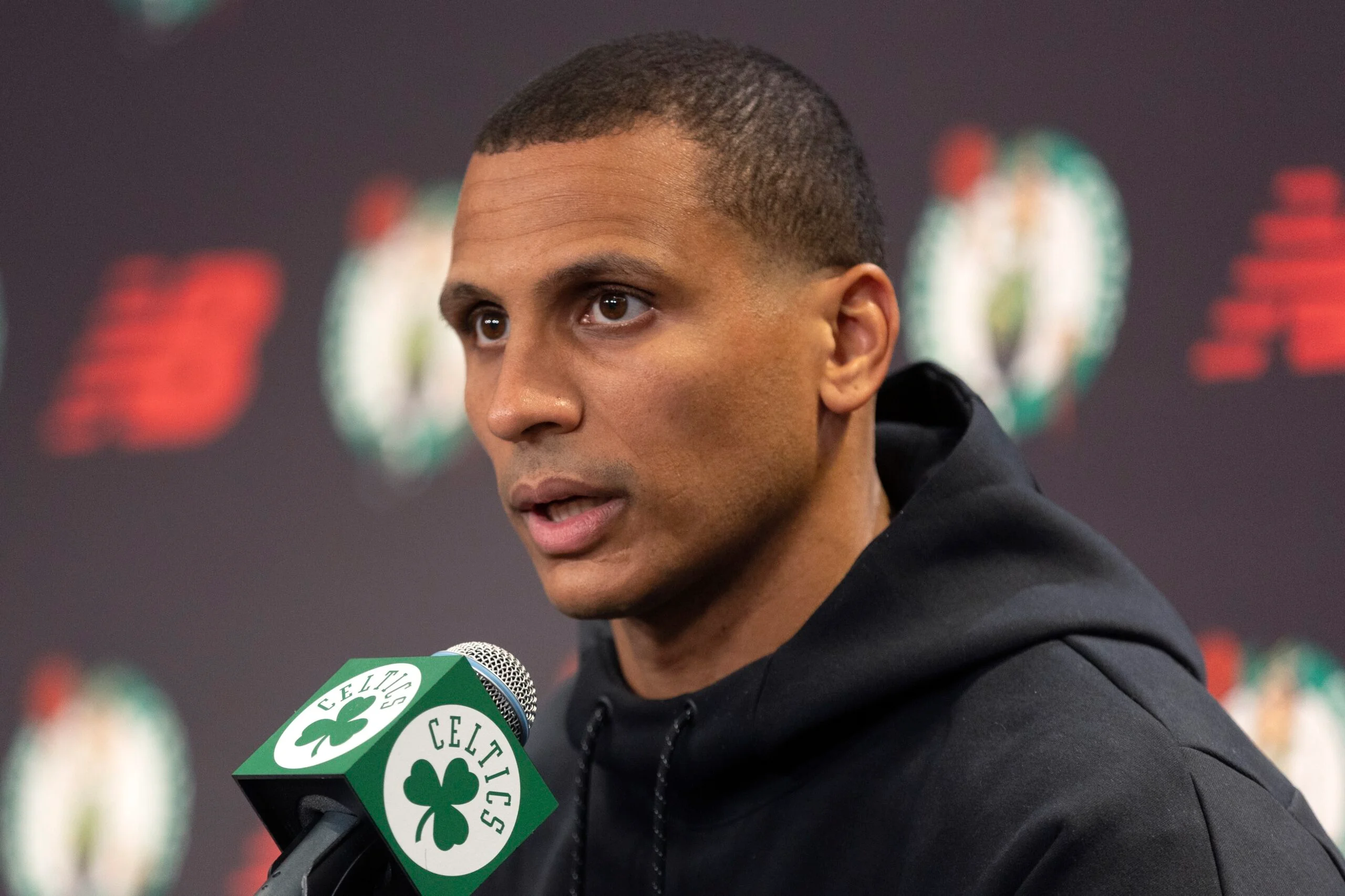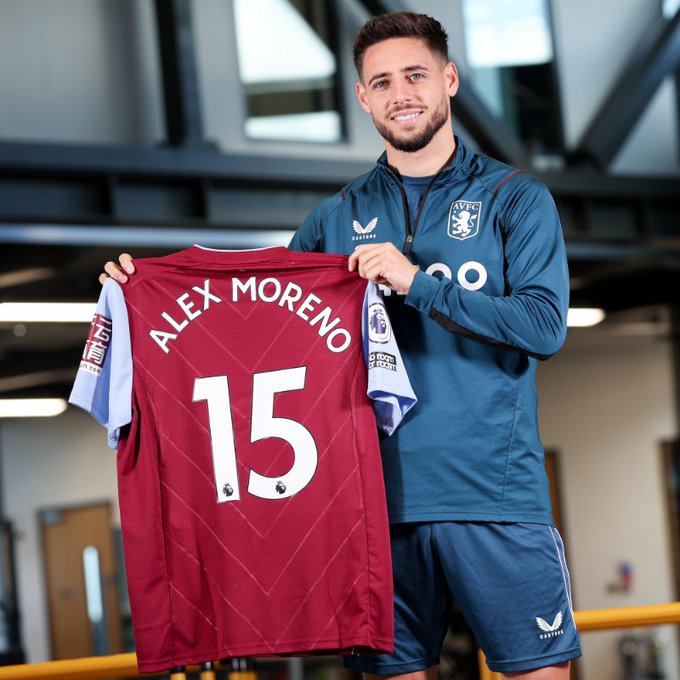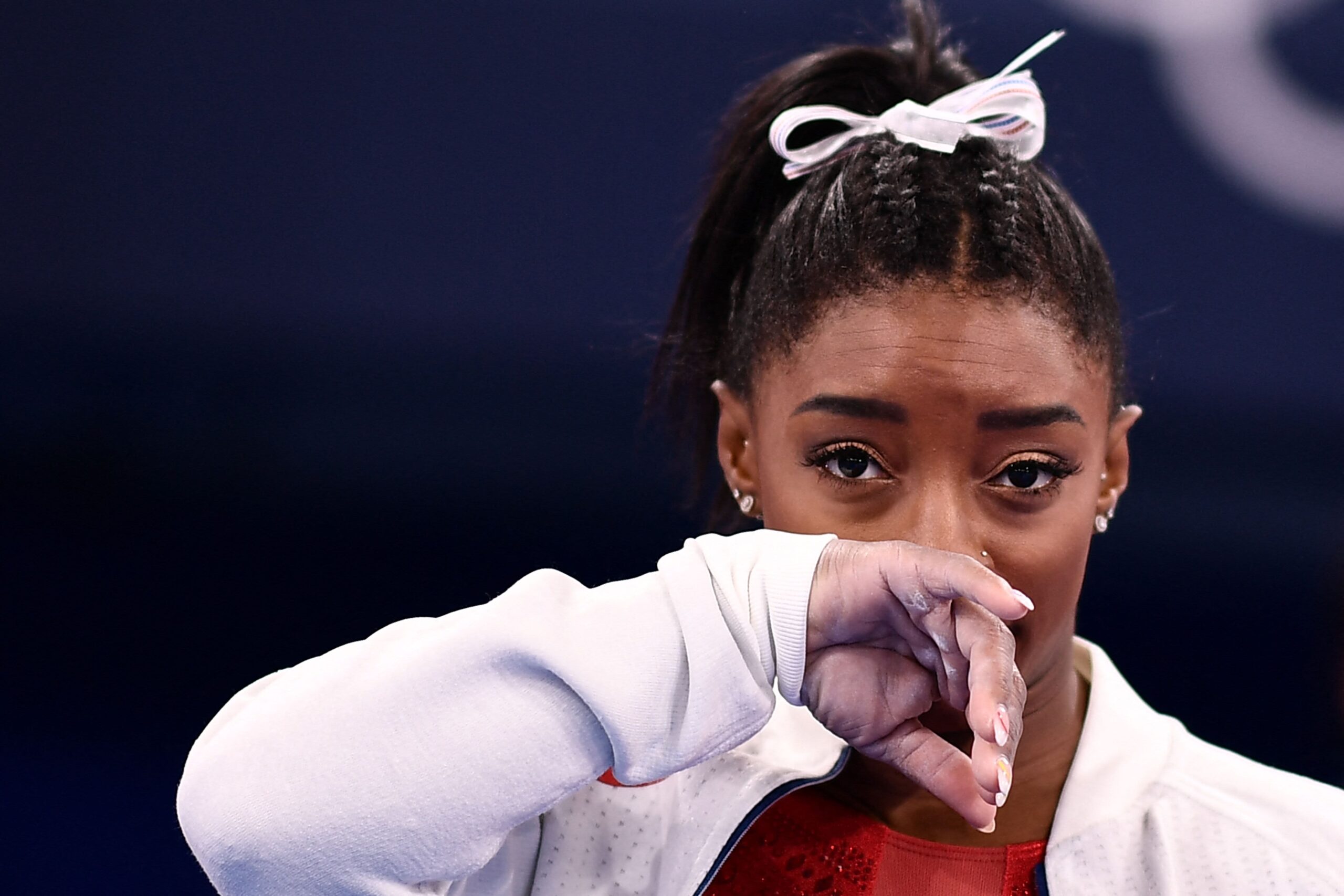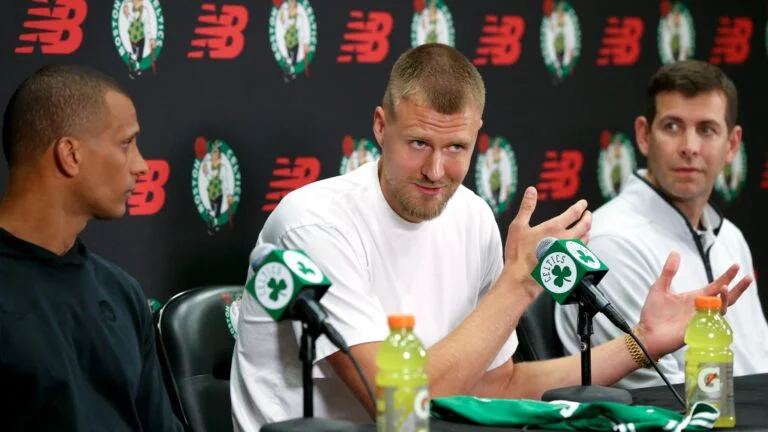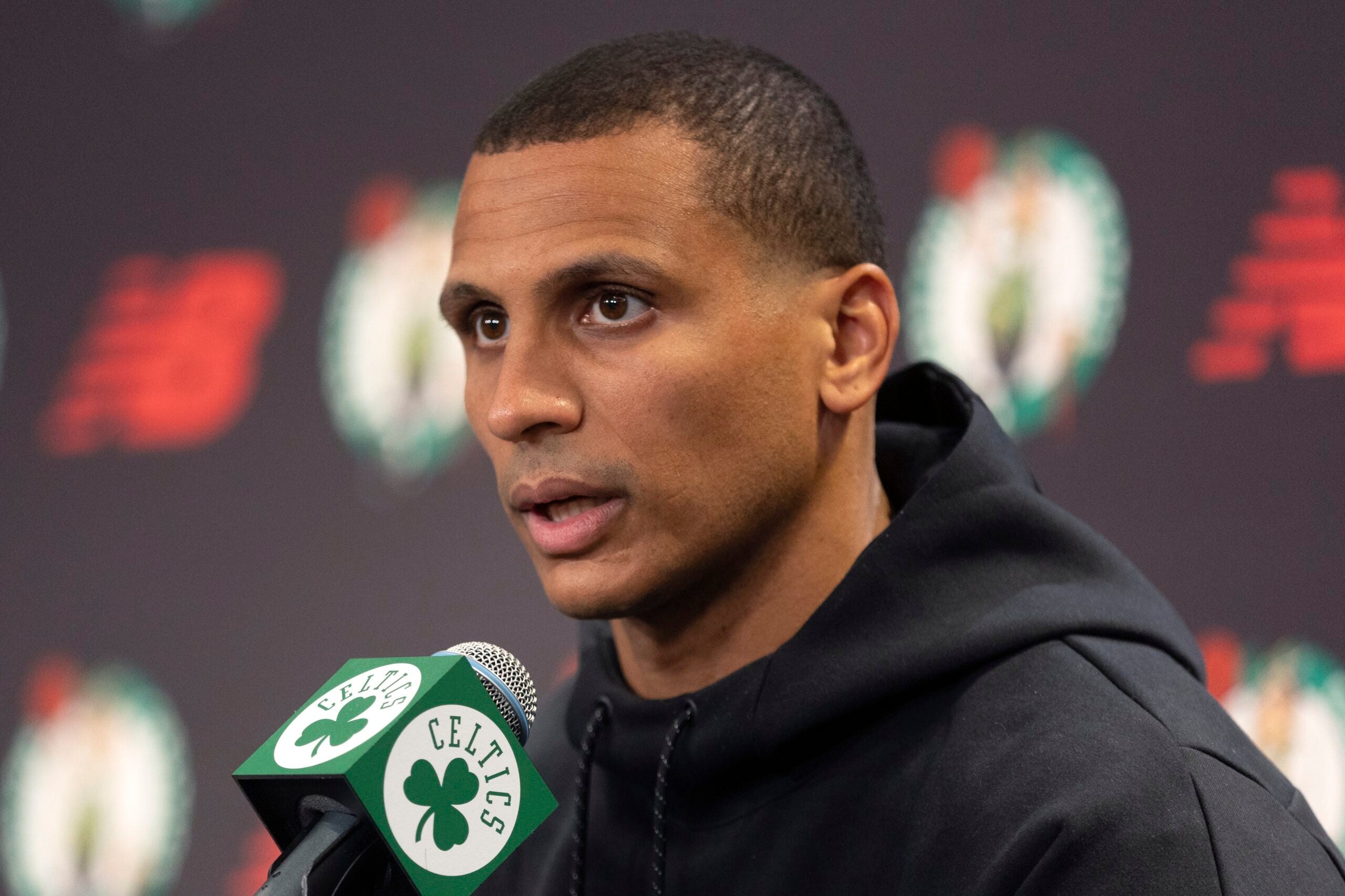 Monday’s news that the Boston Celtics ownership group, led by Wyc Grousbeck, plans to sell 100% of the 18-time championship team, there’s a possibility that Fenway Sports Group could make a play for the NBA franchise.
Monday’s news that the Boston Celtics ownership group, led by Wyc Grousbeck, plans to sell 100% of the 18-time championship team, there’s a possibility that Fenway Sports Group could make a play for the NBA franchise.LeBron James is a partner at FSG, which is run by John Henry and owns the Boston Red Sox, the Pittsburgh Penguins, Liverpool FC and other major sports assets.
How about James sticking with the Los Angeles Lakers as a player but becoming a Celtics owner? Same answer: No.
The reason is the NBA-NBPA’s collective bargaining agreement explicitly prohibits player-owners.
Section 12 of Article XXIX states that “no NBA player may acquire or hold a direct or indirect interest in the ownership of any NBA Team or in any company or entity, whether privately or publicly owned, that owns any interest in any NBA Team.”
Section 12 contains exceptions, though none likely applies to James and FSG. A player can acquire ownership in publicly traded securities that constitute less than 1% of ownership in a team. FSG is privately held, so that provision wouldn’t help James. Section 12 also contemplates circumstances where the NBPA invests on behalf of “all players,” but that’s also not applicable. The same is true regarding Section 13, which addresses NBA players buying equity in WNBA teams. The Celtics, obviously, are an NBA team.
There are multiple rationales for prohibiting player-owners.
American labor law contemplates management and labor negotiating a CBA to address wages, hours and other working conditions. Under the non-statutory labor exemption, when management and labor bargain those terms, they are exempt from antitrust scrutiny. A player-owner could raise questions about the continued applicability of the exemption.
James as a player-owner would also invite logistical and privacy questions. He could gain access to sensitive financial information that each side carefully guards, a dynamic that could present problems when the two sides negotiate. If James were a Celtics player-owner, he would also negotiate his salary and those of teammates with himself (and others in the ownership group).
While some have suggested that James is already de facto GM of the Lakers—especially with the Lakers drafting Bronny James last week—James becoming an actual owner of a team would take it to another level.
The prospect of James playing for the Lakers while owning part of their archrival would also be untenable. At a minimum, James as a Lakers player/Celtics owner presents an unnecessary distraction for both teams and the league. That kind of relationship could also raise legitimate questions about which team he is really on.
The possibility of a player-owner isn’t new in the NBA. When Lakers minority owner Magic Johnson unretired in 1996, he was required to sell his stake (he later bought it back). In 2011, then-Charlotte Bobcats majority owner Michael Jordan practiced with his team. Even at age 48, he probably would have been good enough to play in games. But he didn’t.
